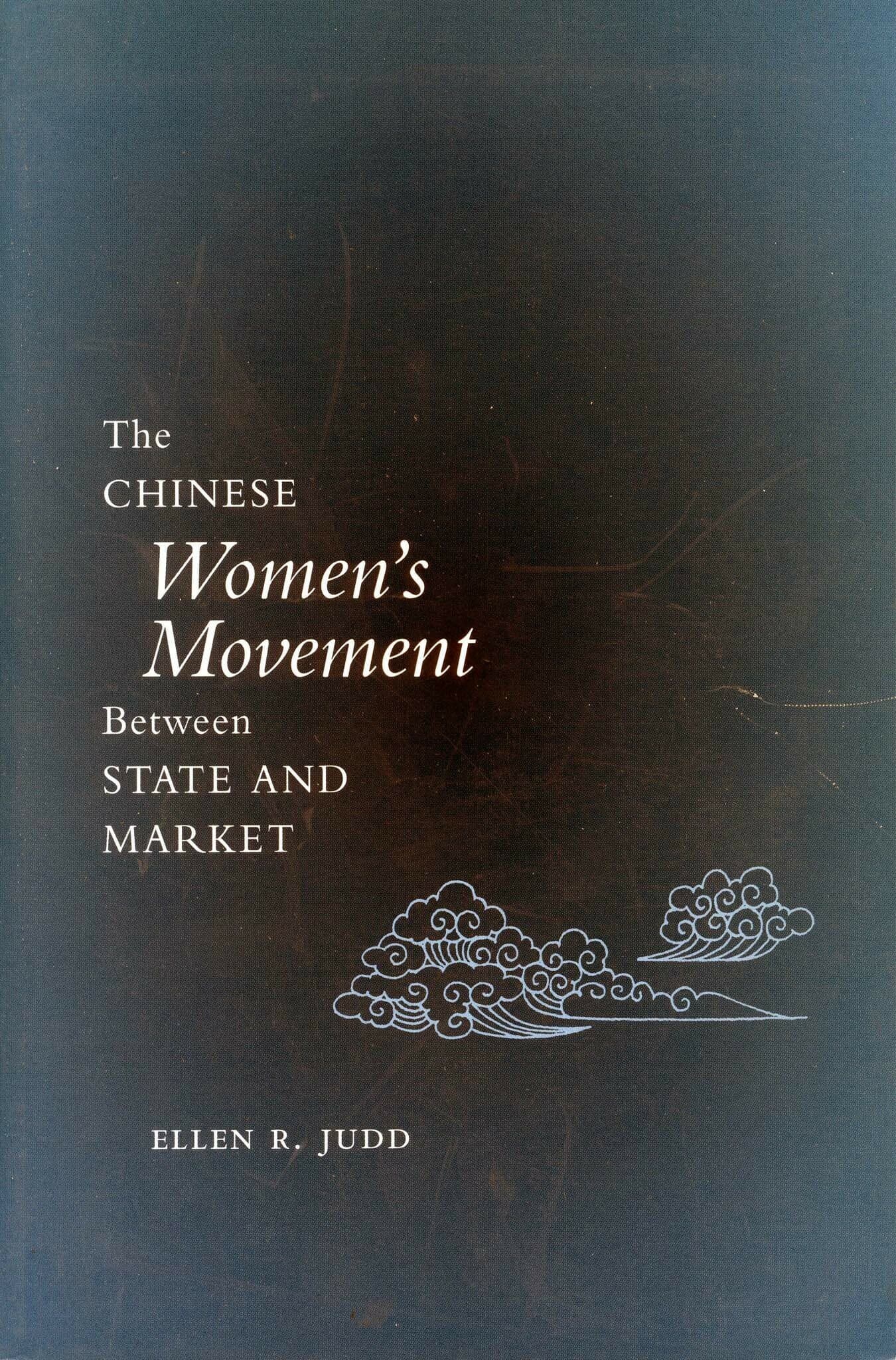Making Sense

Breast cancer is one of the most commonly diagnosed cancers and a leading cause of death for women worldwide. With advances in molecular engineering in the 1980s, hopes began to rise that a non-toxic and non-invasive treatment for breast cancer could be developed. These hopes were stoked by the researchers, biotech companies, and analysts who worked to make sense of the uncertainties during product development. In Making Sense Sophie Mützel traces this emergence of "innovative breast cancer therapeutics" from the late 1980s up to 2010, through the lens of the narratives of the involved actors. Combining theories of economic and cultural sociology, Mützel shows how stories are integral for the emergence of new markets; stories of the future create a market of expectations prior to any existing products; stories also help to create categories on what such a new market and its products are about. Making Sense uses thousands of press statements, media reports, scientific reports, and financial and industry analyses, and combines qualitative and large-scale computational text analyses, to illustrate these mechanisms, presenting a fresh view of how life-prolonging innovations can be turned into market products.
"Deftly interweaving text analyses and computational methods to examine thousands of stories, Mützel fashions a virtuoso example of relational sociology."—Woody Powell, Stanford University
"Making Sense makes a seminal contribution to the understanding of markets and innovation processes."—Jens Beckert, Max Planck Institute for the Study of Societies, Cologne
"By focusing on the role of stories in market emergence and by combining qualitative and computational text analysis, Making Sense—as Mützel highlights in the conclusions—partakes in the debates among economic sociologists concerning the relevance of culture in market emergence and how to measure it.... Making Sense offers readers the opportunity to approach the topic through a fascinating methodology."—Penelope K. Hardy, H-Sci-Med-Tech
"Indeed, Mützel's book can be read as much for its substantive contributions as it can be for its method. This text is innovative in its approach to analysis through its combination of close textual analysis to study meaning-making processes, alongside its deployment of computational methods to understand the macro discursive trajectories and patterns in meaning making in breast cancer therapeutics over two decades."—Melanie Jeske, Social Forces
"Mützel's work represents a milestone in a field in which systematic data analyses are sparse, and it points toward avenues for fruitful future research. It serves as a valuable reference for readers interested in exploring the temporal dynamics of market construction, a topic that is increasingly relevant in our turbulent economy fueled by innovation-driven imaginaries."—Mia Chang-Zunino, Administrative Science Quarterly
"[Making Sense] is an important piece of new economic sociology and contains significant insights about the role of intersubjectivity in economic life as well as in the construction of thought and meaning more generally. It also offers a virtuoso performance of multimethod analyses and theoretically valuable deployment of techniques of computational assisted text analysis."—Emily Erikson, American Journal of Sociology




